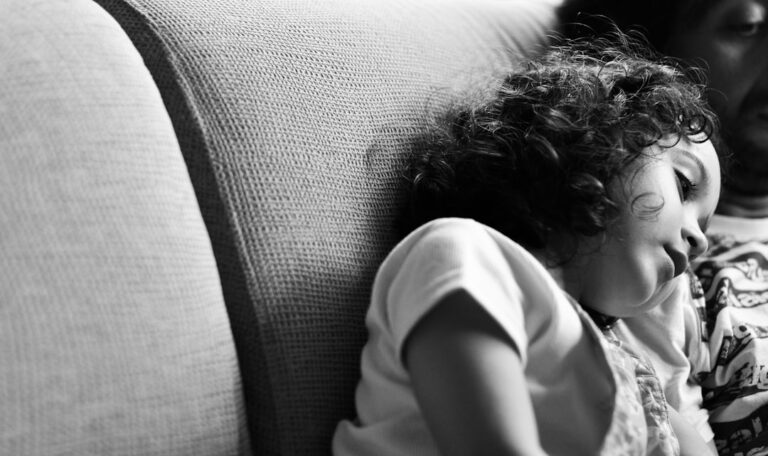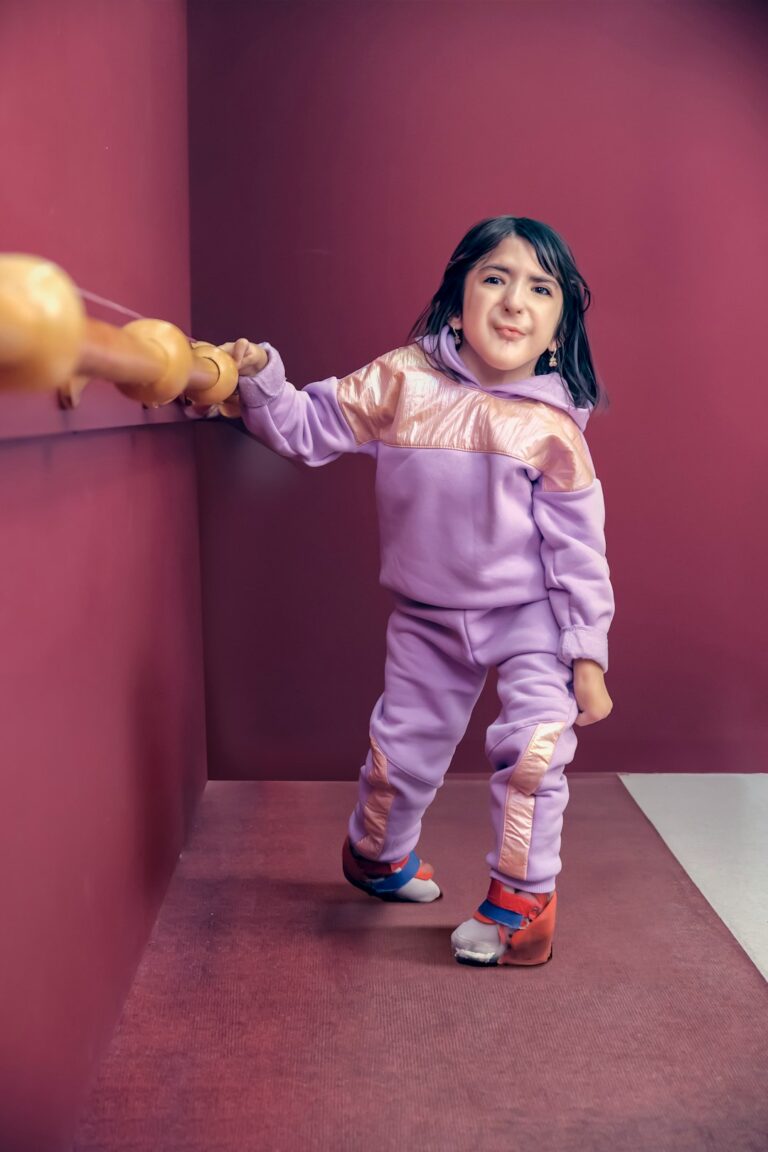Friendships are a cornerstone of childhood and have a profound impact on a child’s emotional well-being, social development, and self-esteem. But what happens when your child loses a friend? Friendship breakups can be just as painful for kids as romantic breakups are for adults—sometimes even more confusing. As a parent, knowing how to support your child through these tough moments is essential.
Why Friendship Breakups Hurt So Much
Children’s friendships are their first relationships outside the family. When those bonds dissolve, kids can experience intense feelings: sadness, betrayal, anger, or loneliness. This emotional upheaval can impact their confidence and behavior at school or home.
Common reasons friendships end in childhood include:
- Changing interests or activities
- Moving homes or schools
- Arguments, misunderstandings, or jealousy
- Exclusion by peers or social group shifts
- Betrayal of trust or secrets
How to Recognize Signs Your Child Is Struggling
Children don’t always tell their parents outright that a friendship has ended. Instead, you may notice:
- Reluctance to go to school or activities
- Sudden mood changes: irritability, sadness, or tearfulness
- Withdrawing from other friends and family
- Losing interest in favorite hobbies
- Complaints of physical symptoms (headaches, stomachaches)
Encourage open, gentle conversation if you notice these changes. Sometimes kids just need space to process, but your presence and willingness to listen are powerful supports.
What to Say When Your Child Loses a Friend
Children crave empathy and validation, especially during emotionally turbulent times. Here are ways to open the conversation:
- “It sounds like you’re really hurting right now. I’m here if you want to talk about it.”
- “Losing a friend is tough. Do you want to tell me what happened?”
- “You’re not alone—everyone goes through friendship struggles, even adults.”
Avoid minimizing their pain (“You’ll make new friends!”) or immediately jumping in to fix the problem. First, let them share their story and feelings.
Practical Steps to Help Your Child Move Forward
Once your child feels heard, you can gently help them take steps toward healing:
- Validate Their Emotions
Let your child know it’s okay to grieve a lost friendship. It’s normal to feel sad, hurt, or confused. - Model Healthy Coping
Share stories from your own life where you experienced friendship challenges and how you managed. Kids learn emotional resilience by watching how we handle disappointment. - Encourage New Connections
Offer opportunities for your child to meet other peers through clubs, teams, or community events—but don’t rush them. Follow their pacing. - Teach Problem-Solving Skills
If appropriate, help your child brainstorm solutions for moving on, mending the friendship, or managing shared spaces (like classrooms). - Keep Communication Open
Remind your child that you’re always available to listen, no matter how they feel or what happens next.
Addressing Peer Conflicts Constructively
Sometimes, friendship breakups stem from misunderstandings or arguments. While it’s tempting to intervene, it’s often best to empower your child to handle the conflict themselves—unless safety is at risk. Discuss:
- The difference between normal disagreements and bullying
- The importance of respectful communication (“I” statements, active listening)
- When it’s okay to walk away from a harmful friendship
- How to ask for support from teachers or counselors if needed
Supporting Your Child’s Self-Esteem
After losing a friend, children may feel unworthy or worry that something is wrong with them. Reassure your child they are likable and valued, and that friendships often change as we grow. You can help by:
- Focusing on their strengths and what makes them a great friend
- Providing opportunities for positive social interactions in safe, nurturing settings
- Encouraging extracurricular activities to boost confidence
- Modeling kindness and inclusivity in your own relationships
When Should You Step In?
Most friendship breakups resolve over time, but there are situations where parental intervention is important.
Step in and seek help if you notice:
- Persistent bullying or cruelty
- Signs of depression or anxiety
- Talk of self-harm or withdrawal from most activities
- Extreme changes in eating, sleeping, or academic performance
Consult with school counselors, mental health professionals, or your pediatrician as necessary. Early intervention can make all the difference.
Helping Your Child Rebuild Trust and Try Again
Losing a friend can make kids reluctant to trust others. Guide them gently:
- Explain that trust takes time, and it’s normal to feel cautious after being hurt
- Emphasize learning from experience, not closing off from everyone
- Support one-on-one or small group playdates to build comfort
- Celebrate small social successes: trying a new activity, saying hello to a peer, sharing, or inviting someone to join a game
Frequently Asked Questions from Parents
Should I contact the other child’s parents?
Unless there’s bullying or harm, it’s usually best for kids to resolve minor friendship issues themselves. Intervening can backfire, escalating drama or embarrassment.
How do I help my child if their friend group is excluding them?
Encourage friendships outside the main group and reinforce your child’s self-worth. If exclusion is ongoing at school, notify teachers or counselors, as social ostracism can harm mental health.
What if my child was at fault?
Help your child reflect on their actions without shaming. Guide them in making amends and learning from mistakes. Apologizing sincerely is an important social skill.
Building Resilience Through Friendship Challenges
Friendship losses are painful, but they are also learning opportunities. With your support, your child can develop:
- Emotional awareness: Naming and expressing feelings
- Growth mindset: Believing they can learn and adapt
- Empathy: Understanding others’ perspectives
- Communication skills: Expressing needs and resolving disagreements
- Optimism: Looking forward to new friendships ahead
Takeaway: Your Child Will Get Through This—With You By Their Side
Supporting your child through a friendship breakup is an opportunity to strengthen your own bond and teach essential life skills. Listen, validate, and empower. While you can’t shield your child from every hurt, your empathy and guidance can help them weather this storm—and come out even stronger, wiser, and more confident in the end.




